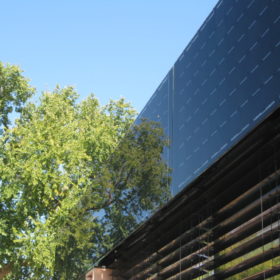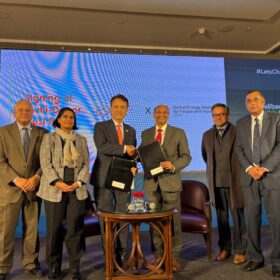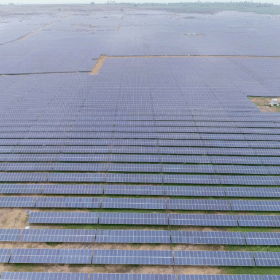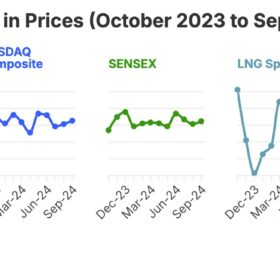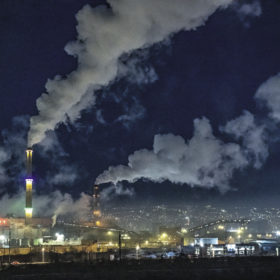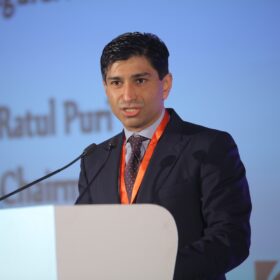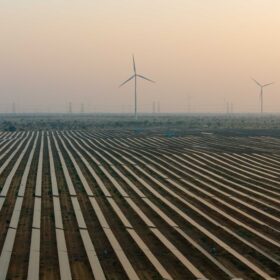Turning climate commitments into competitive advantages: How businesses can benefit from sustainability
The best businesses aren’t just adapting to the changing landscape; they’re leveraging sustainability to drive innovation, reduce costs, and build stronger relationships with their customers and stakeholders. Business leaders are turning sustainability into a growth driver rather than a cost center by adopting the right practices.
GEAPP joins ISA’s multi-donor trust fund initiative to mobilize $100 million solar finance
The Global Energy Alliance for People and Planet (GEAPP) has strengthened its partnership with International Solar Alliance (ISA) by signing ISA’s Multi-Donor Trust Fund, which aims to mobilize $100 million to fund high-impact solar energy projects.
Why district cooling is India’s best bet for climate resilience
As the need for decarbonizing cooling becomes more urgent, District Cooling delivered through the CaaS model is expected to gain wider acceptance. Its ability to scale across large developments and provide a more sustainable, long-term solution for India’s rapidly growing cooling demand positions it as a key lever to address the paradox the country faces of meeting the burgeoning cooling needs while honoring our climate commitments.
India’s climate policies to reduce 4 billion tonnes of CO2 emissions between 2020 and 2030: CEEW Study
India’s climate policies on power, transport and residential sectors, such as scaling renewables to advancing energy efficiency and electric mobility, have already mitigated 440 million tonnes of carbon dioxide (MtCO2) between 2015 and 2020, and are on track to save 3,950 MtCO2 emissions between 2020 and 2030. However, achieving net-zero by 2070 needs bolder action.
Gas price volatility raises questions on its suitability as a bridging fuel: IEEFA
Ongoing changes in global gas demand and supply structures due to geopolitical disturbances and resultant volatility have eroded any economic advantage provided by the fossil fuel.
Will COP29 push the world toward real climate action?
As the world looks to COP29, the stakes have never been higher. Climate finance, energy transitions, biodiversity, adaptation, and carbon markets—each of these issues represents a critical piece of the puzzle in the fight against climate change. Azerbaijan, as host, faces the daunting challenge of balancing competing interests while pushing for ambitious global action.
India needs mindset change towards sustainability for systemic transformation
Considering India’s energy demand doubled between 2000 and 2020 and is set for a tremendous surge to the tune of 73 exajoules (EJ) by 2050, we really have to focus on achieving sustainable energy security for decades to come. This systemic transformation won’t come merely with government directives or policy measures but would warrant a mindset change towards sustainability.
Adani Green Energy joins the Utilities for Net Zero Alliance
The Utilities for Net Zero Alliance is an international platform for enhancing the co-operation within the power and utilities sector to accelerate the adoption of renewables and overcome common barriers in the realisation of global net zero ambitions.
Optimizing renewable energy project in the face of climate change
Stable government policies, adaptable technological solutions, diversified investments, robust financial planning, and active community engagement are crucial for achieving long-term success in the renewable energy sector.
Delhi’s peak power demand grew 3.8 times faster on hot and humid days than on moderate days in the last 12 months: IEEFA
Also, hot and humid days nearly doubled in the 12-month period till June 22, 2024 compared to the corresponding period in 2022-23, according to a new briefing note by the Institute for Energy Economics and Financial Analysis (IEEFA).
